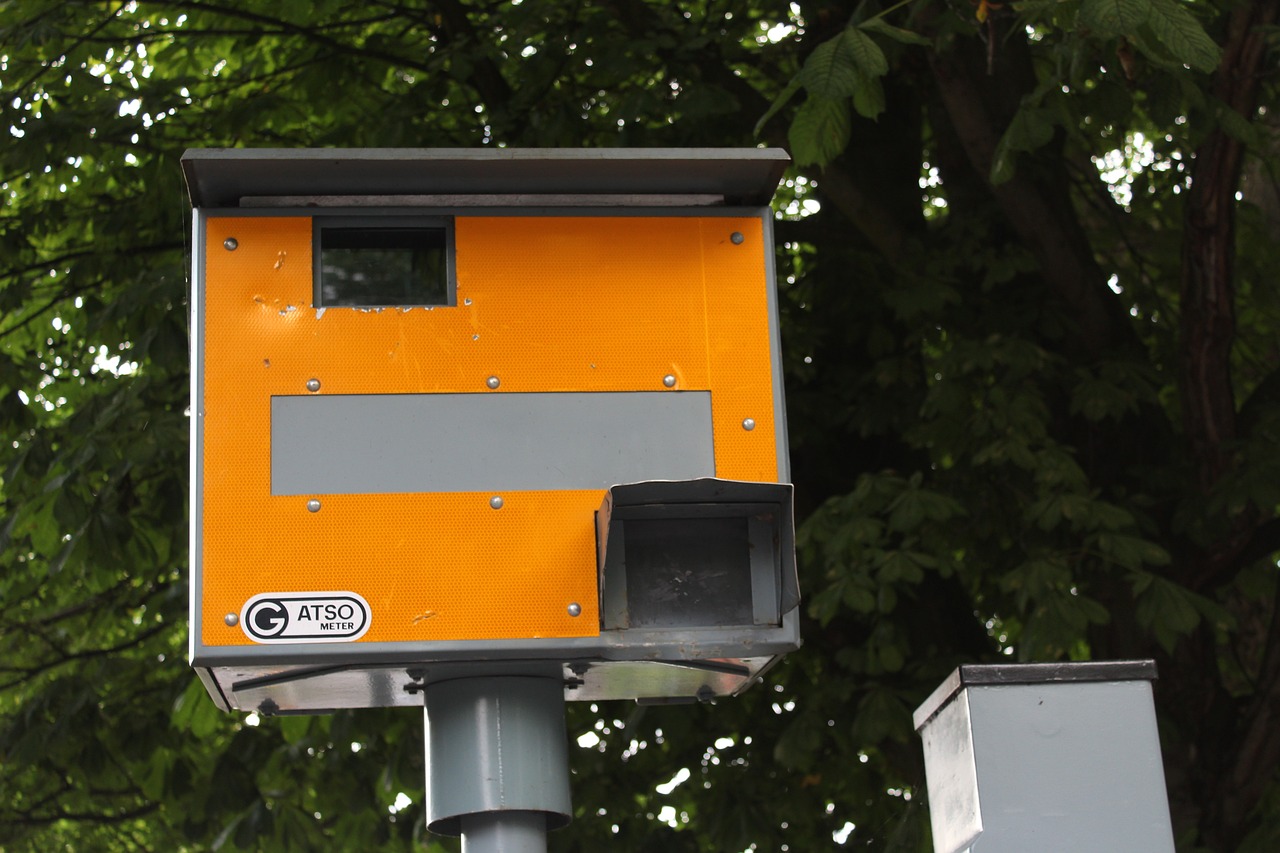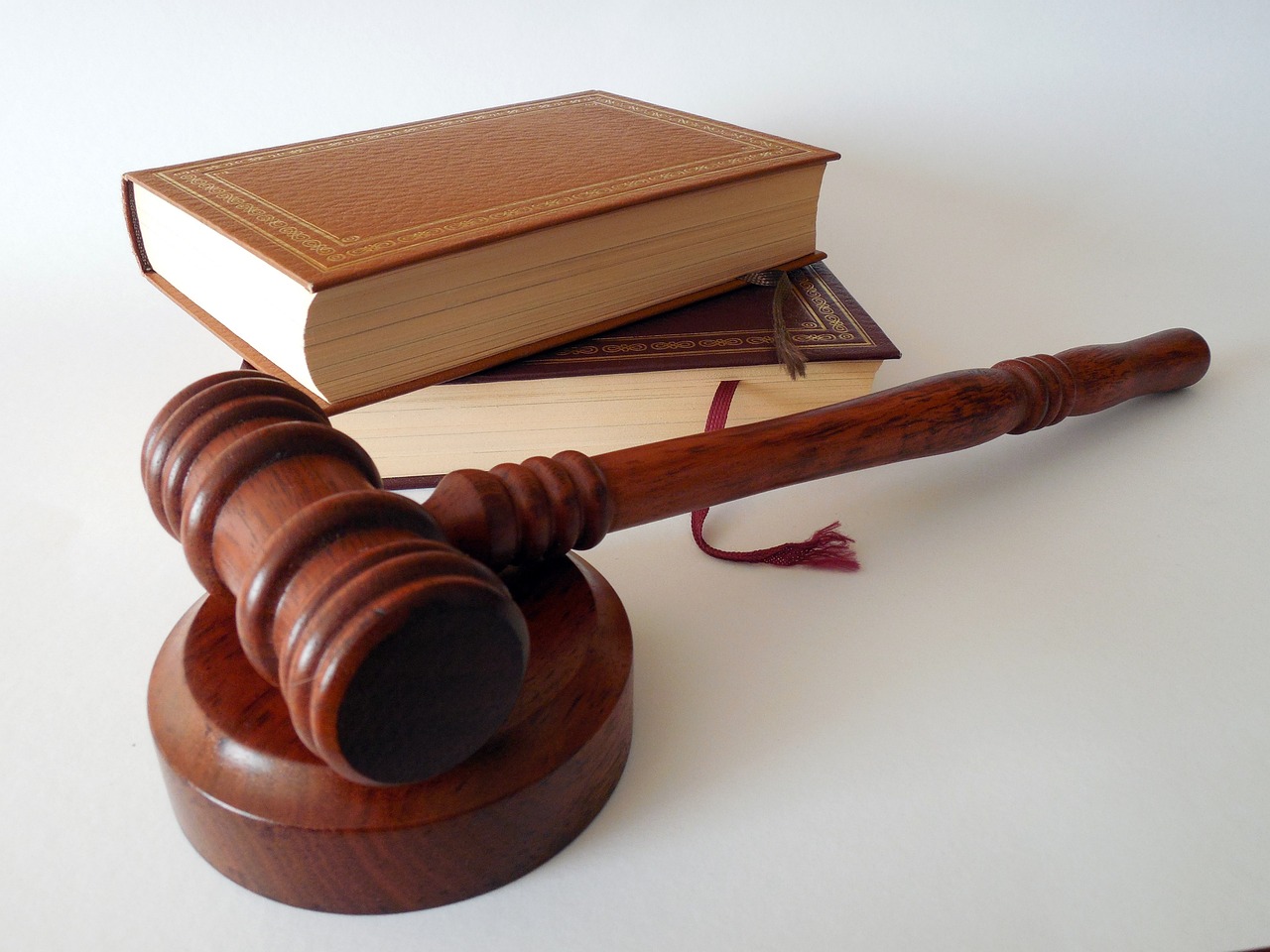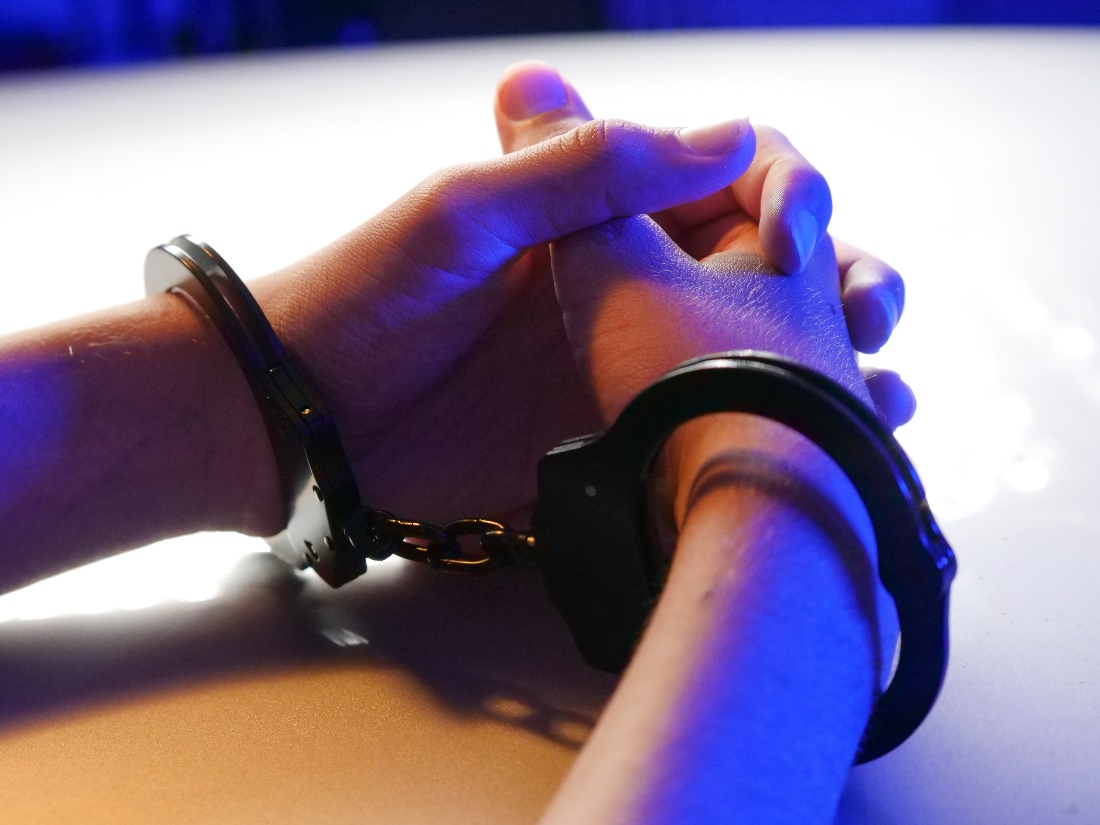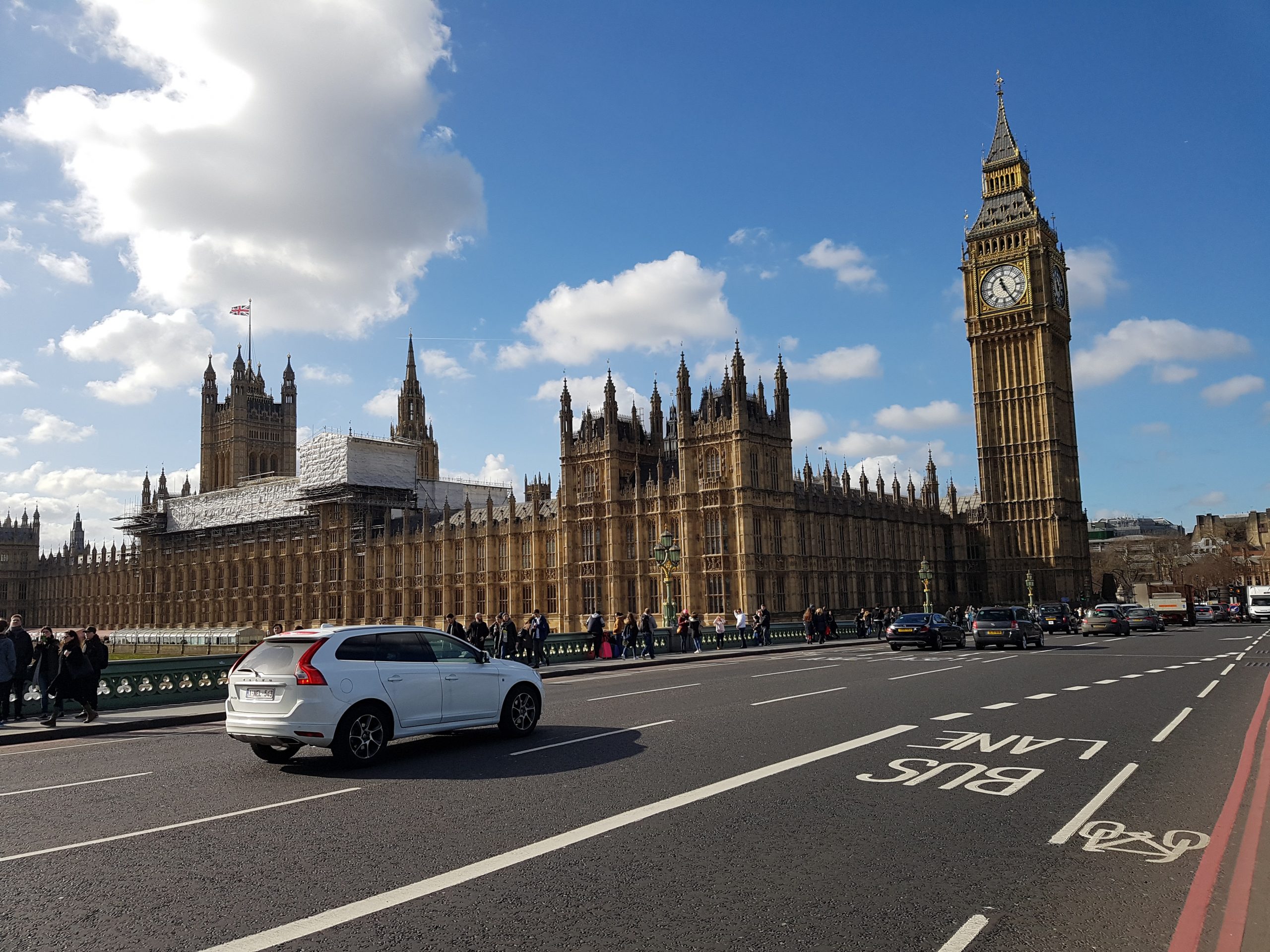In the United Kingdom, road traffic offences can lead to the accumulation of penalty points on a driver’s licence. When a driver accrues 12 or more penalty points within a three-year period, they face a “totting up” ban, resulting in a disqualification from driving for a specific duration. Understanding the concept of totting up disqualifications is crucial for drivers in the UK to navigate the legal implications of traffic offences. Let’s explore totting up disqualifications and factors related to them.
What Are Totting Up Disqualifications?
Totting up disqualifications is a legal mechanism used to address the issue of repeated traffic offences drivers commit within a certain period. It is based on the premise that accumulating penalty points for various offences means that a driver has a consistent pattern of poor driving. The term “totting up” refers to adding the penalty points received over a specific timeframe to determine if disqualification is warranted.
Accumulating Penalty Points
The number of points assigned varies depending on the severity of the offence. For example, minor speeding offences may result in three penalty points, while more serious offences like dangerous driving could lead to immediate disqualification and a higher number of points.
Here are a few offences and the points linked to them:
- Careless Driving: 3-9 points or a disqualification
- Driving without Insurance: 6-8 points or a disqualification
- Using a Handheld Mobile Phone while Driving: 6 points or a disqualification
- Running a Red Light: 3 points
- Driving Under the Influence of Alcohol or Drugs (Drink Driving):
- Exceeding the legal alcohol limit: 3-11 points or a disqualification
- Drug driving: 3-11 points or a disqualification
- Driving while Disqualified: 6 points or a disqualification
- Dangerous Driving: 3-11 points or a disqualification
Triggering a Totting Up Disqualification
A driver must accumulate 12 or more penalty points within three years to trigger a totting up disqualification. The disqualification period is determined based on the number of points accumulated:
- First Totting Up Disqualification: If a driver accumulates 12 or more points within three years, they will face a disqualification period of six months.
- Second Totting Up Disqualification: If a driver incurs another totting up disqualification within three years of the first, the disqualification period is increased to one year.
- Third or Subsequent Totting Up Disqualification: The disqualification period is set at two years for subsequent totting up disqualifications within a three-year period.
Exceptions and Mitigating Factors
The courts can consider certain mitigating factors when determining the length of the disqualification or even granting an exception. These factors may include:
Presenting Exceptional Hardship
Motorists facing a totting up disqualification can argue “exceptional hardship” in court. Exceptional hardship is not precisely defined by law, and each case is evaluated based on its unique circumstances. Some examples that may be considered exceptional hardship include:
- Loss of Employment: If the driver is the sole wage earner in their family, a ban would result in significant financial hardship for the family or dependents.
- Severe Health Problems: If the driver has severe health issues, that would greatly impact their mobility compared to someone in good health.
- Job Stability: If a manager, business owner, or key employee’s disqualification would jeopardize their job’s stability and affect others’ livelihoods.
Totting Up Ban Avoidance
Drivers may try to avoid totting up disqualifications by successfully arguing exceptional hardship. However, the court will consider any previous successful hardship claims within the past three years.
Awareness Courses
In some cases, drivers may be offered the opportunity to attend a driver awareness course instead of receiving penalty points. This option is typically available for minor offences and can help drivers avoid reaching the threshold for totting up disqualifications.
Reinstatement of Driving Privileges
Upon completing a totting up disqualification, a driver’s licence is usually reinstated. However, it’s important to note that the penalty points that triggered the disqualification remain on the licence for a certain period. These points may continue to affect insurance premiums and could contribute to future disqualifications if additional points are accrued.
Final Thoughts
Understanding totting up disqualifications is essential for drivers in the UK. Accumulating penalty points from traffic offences can have severe consequences, leading to temporary disqualifications from driving.
By being aware of the rules and regulations surrounding totting up disqualifications, drivers can make informed decisions to prevent the accumulation of penalty points and maintain their driving privileges. It’s always advisable to drive safely, adhere to traffic laws, and seek legal advice to explore possible mitigating factors if facing totting up disqualifications.











